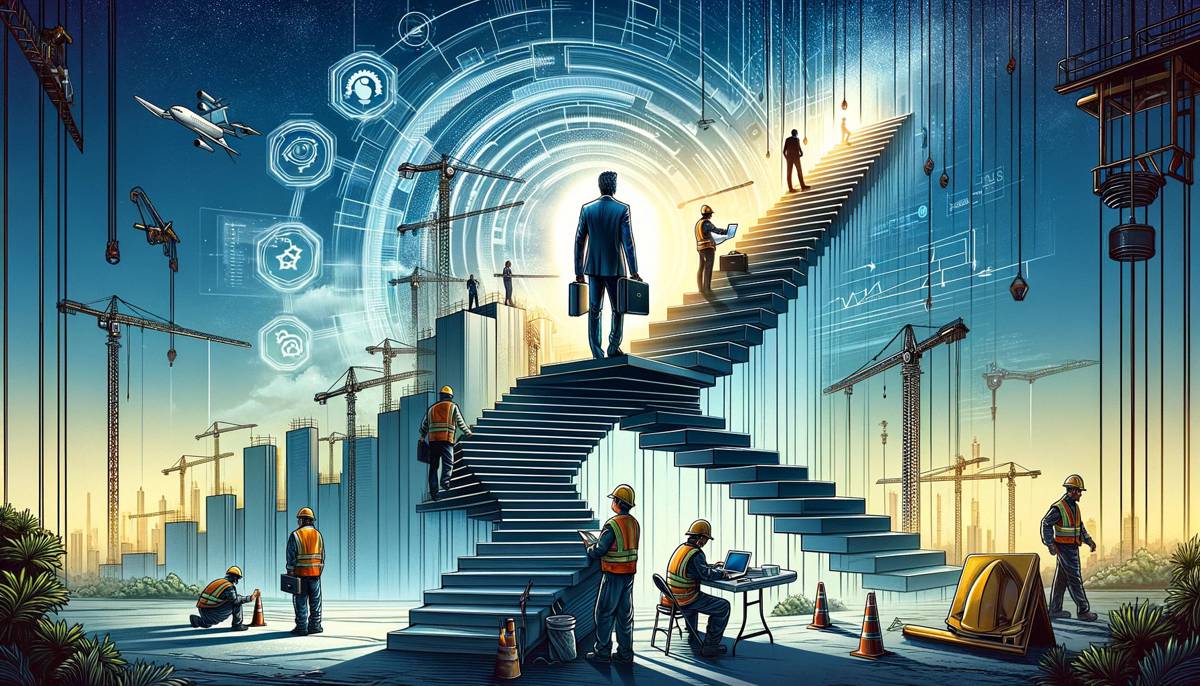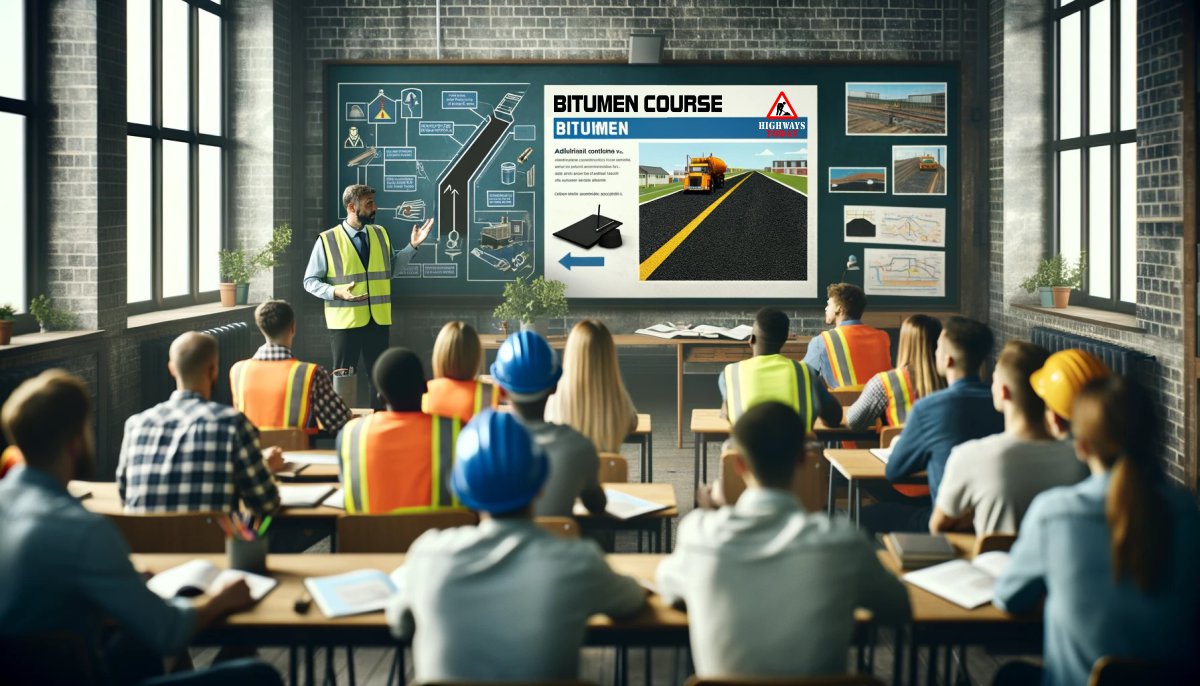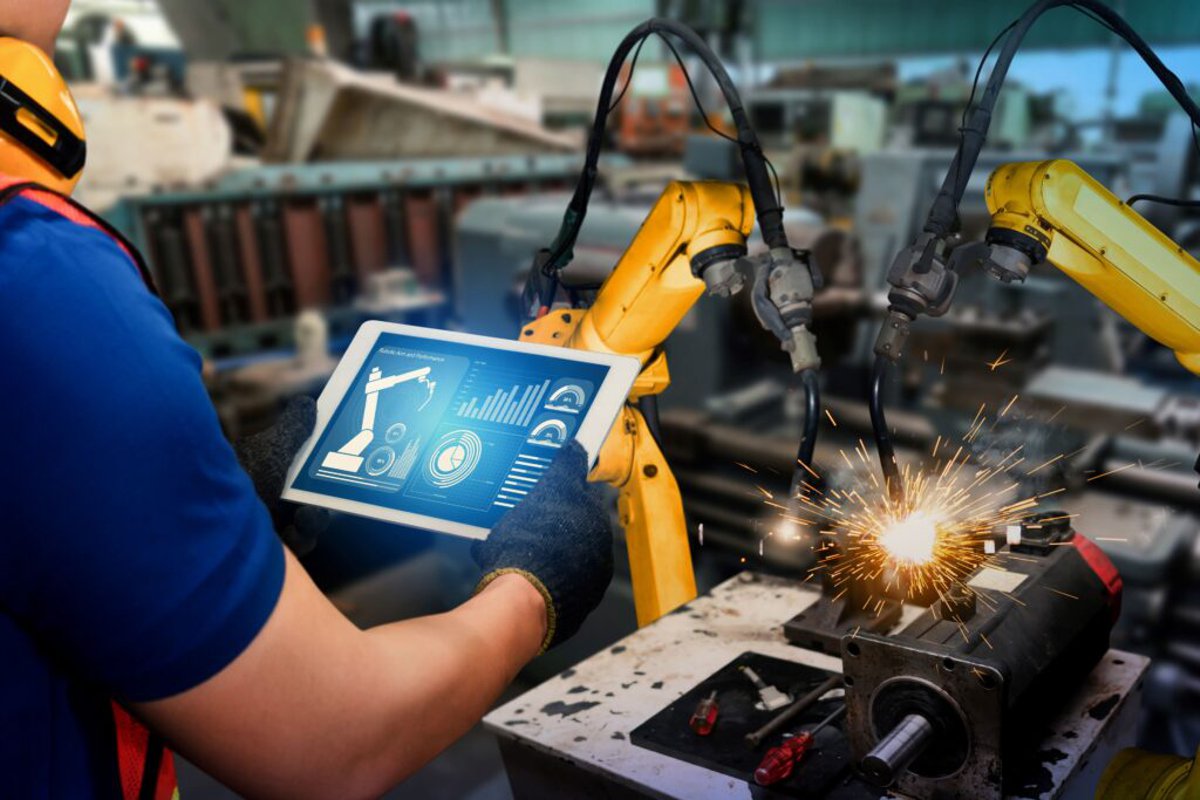How Artificial Intelligence can impact your Civil Engineering career
Artificial intelligence has made an impact in almost every industrial sector, and civil engineering is now joining the bandwagon as well. According to a report by McKinsey, the civil construction sector has a net worth of more than $10 trillion a year, and while it has one of the largest consumer bases, until recently, the industry had been relatively under digitised. This is because civil engineering is one of the few fields in which basic practices of bricklaying and pouring concrete have remained the same over the century. However, the construction sector is set to undergo yet another industrial revolution, one powered by technology, particularly artificial intelligence.
When one mentions artificial intelligence in civil engineering, a picture of robots driving trucks and laying bricks comes to mind. On the contrary, these techniques have more sophisticated applications in construction management, design optimisation, risk control, and quality control. Therefore, it would make sense for civil engineers to enrol in artificial intelligence courses, as it would provide significant value-adds to their career. Not only is AI making construction operations more manageable, but it is also set to make the construction business more lucrative. In the same report, McKinsey states that construction companies that have been incorporating AI techniques are 50% more likely to generate profits than those who don’t.
AI has a whole gamut of operations in civil engineering that would enhance the processes and transform the way builders and engineers work:
Quality management
Construction firms utilise deep-learning techniques to improve the level of quality of their construction processes. Image recognition of photographs collected through manual drones is used to identify risk areas and is also compared against existing blueprints to detect any possible construction defects. Further, through reinforcement learning, AI algorithms can make use of trial and error techniques to identify the best processes that can be followed. By implementing these process changes in project planning and scheduling, construction firms can significantly improve the quality of their overall project workflow.
Stakeholders can also make use of neural networks and laser-generated images to gain insights on the progress of individual construction projects. By using AI to create 3-D models, they can match them with the original models to check for any discrepancies in quality. This can significantly speed up the decision-making process while also implementing actionable insights.
Optimisations in design
Civil construction firms and contractors are making use of AI-powered recommender systems. These systems use supervised learning to study design charts to suggest relevant improvements. Through their cluster behaviour approach, these recommender systems collect construction data and provide solutions to architects and engineers in areas of design and structural build. The recommender systems also take into account various criteria like execution timeline, total ownership cost, the probability of mistakes during execution, whether the area is prone to earthquakes, among others. For instance, suggestions can be made in the choice of bolted or welded connections, choice of architectural finishes, etc. As a result, construction firms have a more informed idea about which design elements will best suit a project at any given point in time.
Maintenance
Machine learning, a subset of AI can be used to maintain construction processes through the use of robotic arms. Civil engineers can run simulations on common maintenance processes that can teach these robotic arms to perform essential support functions with precision. These robotic simulations can be designed for any preordained task that does not require the involvement of human intelligence. These may include fabrication of materials, testing for strength, routine maintenance, checking impurity level in raw materials, etc.
Not only can AI techniques aid maintenance for physical processes, but they can also provide maintenance support in several project management activities as well. By enhancing Building Information Modelling (BIM), AI bots can follow the lifecycle of a construction project, and provide maintenance in all its aspects. Through input data from all other sources, the AI algorithms can take care of process maintenance, thus ensuring a ceaseless project flow. For instance, depending on the project timeline and execution speed, AI bots can take care of inventory management to make sure that there’s no pause in construction.
Risk control
Artificial neural networks (ANN) through artificial intelligence are proving to be useful measures for risk control as they interpret a collection of construction information to draw meaningful conclusions. ANN help construction firms to predict the likelihood of possible failures, thus preparing them to come up with appropriate contingency plans.
Construction firms can also apply artificial intelligence techniques to address client and market risk factors. Through the Naive Bayes algorithm, engineers can perform sentiment analysis on their firm’s standing in the market, and can thus come up with targeted efforts to prevent stock prices from falling. Other AI algorithms can also be used to segment customers based on their characteristics and behaviour patterns to come up with better business development strategies, thus preventing them from risks of plausible fallout.
In a nutshell
Through its application of AI-powered algorithms, the civil sector is overcoming challenges it used to face, thus improving productivity and overall efficiency. The civil industry invests approximately 1 percent of its net share in technology, however, with the integration of AI in its techniques, this figure is only estimated to grow. As AI provides more operational solutions, an increasing number of infrastructure groups are applying AI techniques to their projects.
By making project development faster and more cost-effective, artificial intelligence has carved a niche for itself in the civil sector. The construction industry is at a point where it is poised at a technological breakthrough in its processes. In this respect, investing in artificial intelligence courses is bound to provide a competitive edge to anyone who’s building a career in civil engineering.















